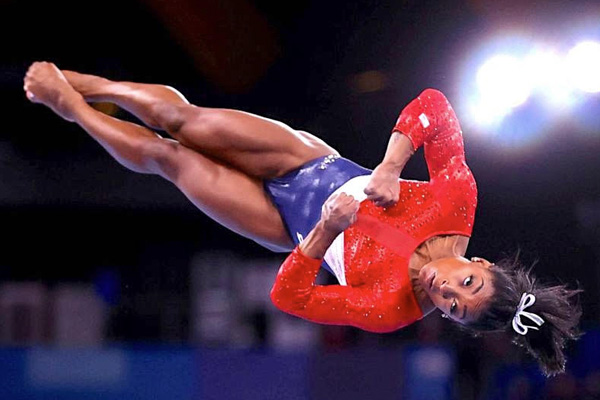A PARALLEL UNIVERSE? –
July 28, 2021 – Ten years ago, or even five, an athlete of Simone Biles’s stature might have been reluctant to say that she struggled with pressure, much less to have withdrawn in the middle of an Olympiccompetition.
“People might have labeled an athlete mentally weak,” Hillary Cauthen, a clinical sports psychologist in Austin, Texas, said on Tuesday, hours after Biles, the greatest gymnast in history, hadbowed out of the women’s team event at the Tokyo Games, and one day before she said she would also skip the all-around individual competition. But a shift in cultural acceptance began to take place in 2015-16, when the N.C.A.A. created a mental health initiative, Cauthen said. Just before the 2016 Summer Games in Rio de Janeiro, the swimmer Michael Phelps, the most decorated Olympian ever, began to discuss wrestling with depression and suicidal thoughts. Since then, the N.B.A. players DeMar DeRozan and Kevin Loveand the figure skater Gracie Gold, among other athletes, have gone public to say they grapple with anxiety and depression.



